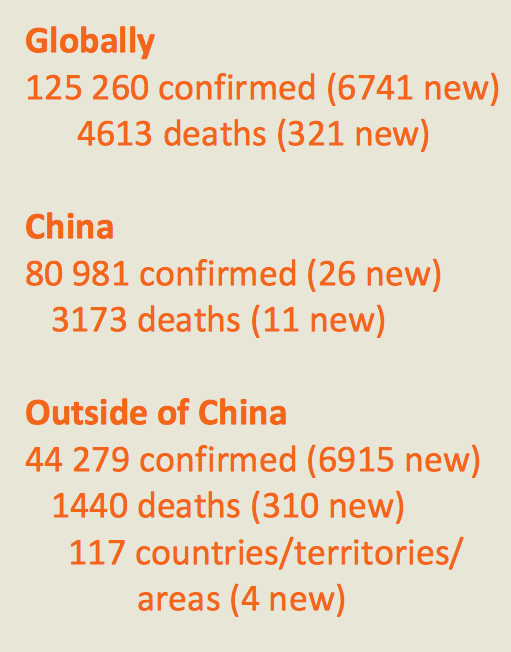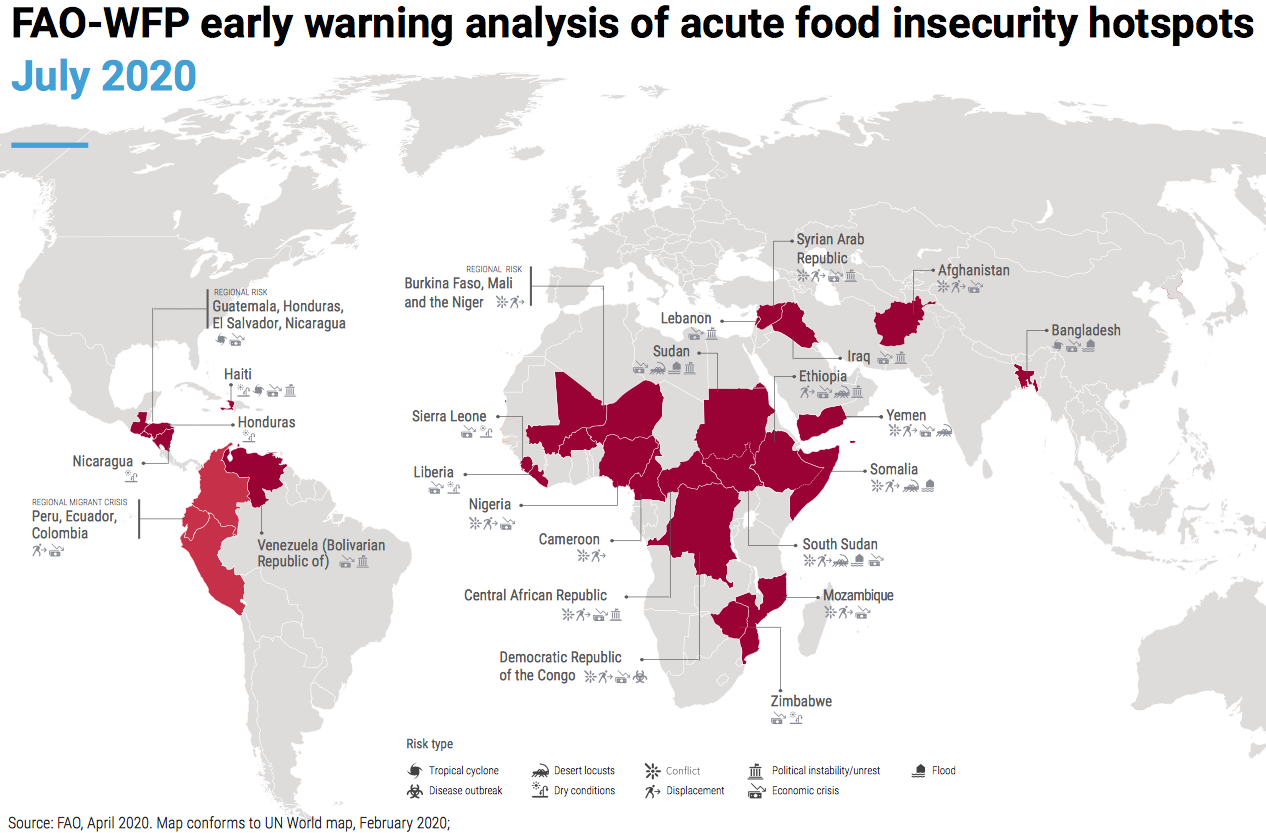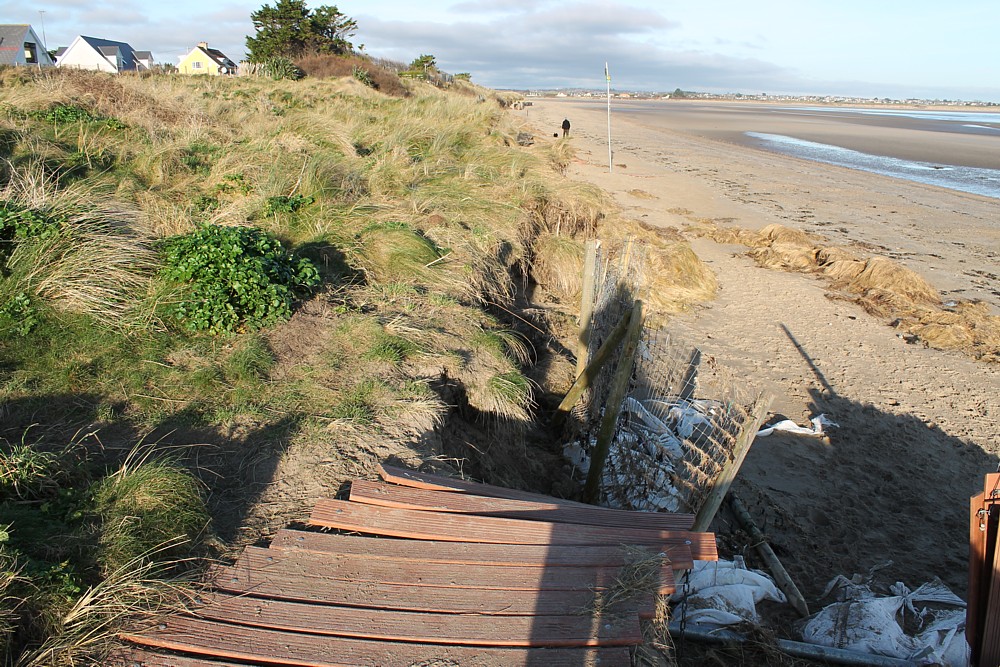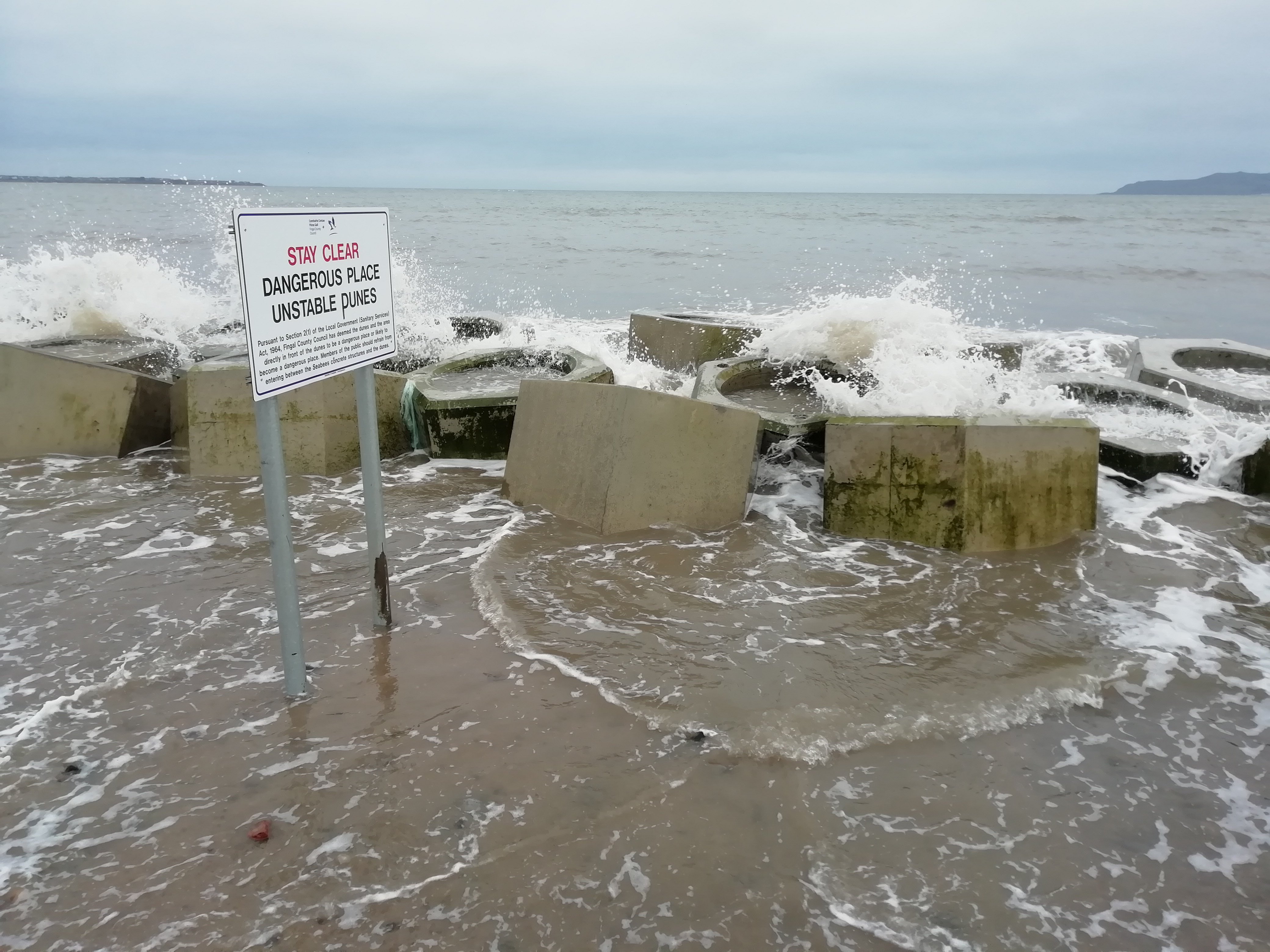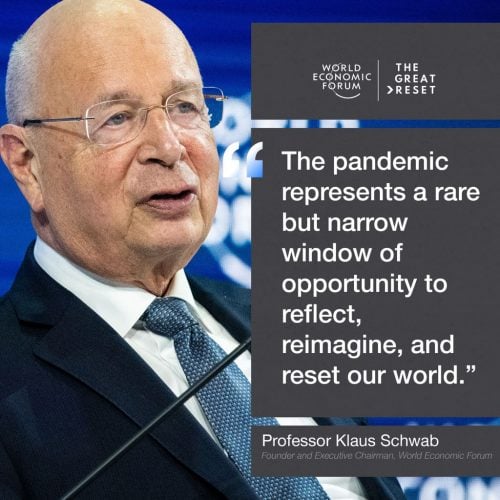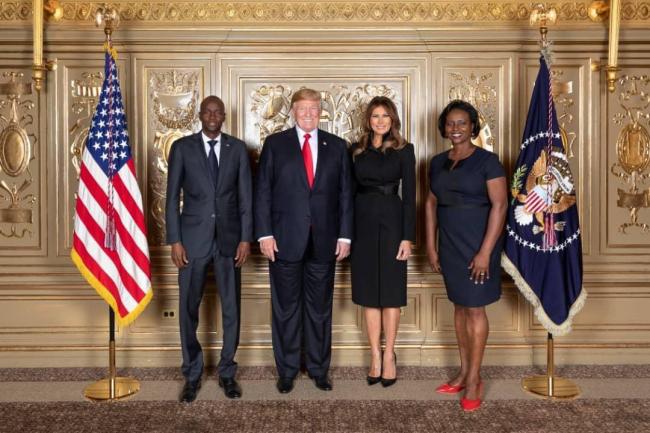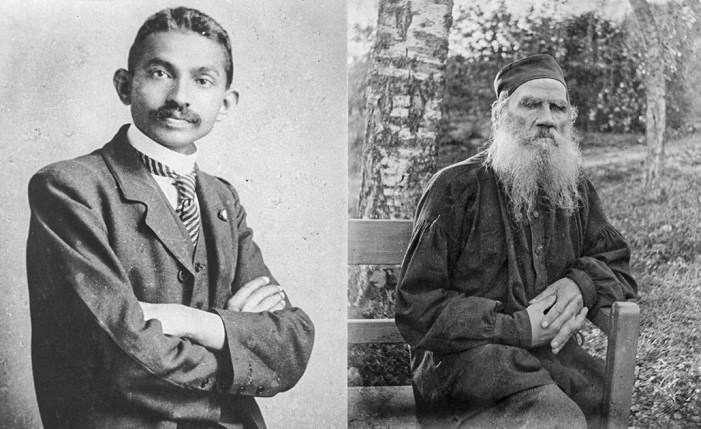All Global Research articles can be read in 27 languages by activating the “Translate Website” drop down menu on the top banner of our home page (Desktop version).
***
Global Research Editor’s Note
We are not supporters of Trump by a long shot and neither is Dr. Emanuel Pastreich, author of this incisive and timely article.
In the course of the Trump presidency we have published diverse opinions, most of which constitute a critique of the failures, abuses and illegal acts committed by the Trump administration.
We are based in Canada. We are not involved in bipartisan politics in the US. Neither the Republicans nor the Democrats serve the interest of the American people.
We publish various opinions on US domestic politics and US foreign policy. In some cases we may disagree with the authors we publish. We do not, however, impose an editorial line to our authors.
Michel Chossudovsky, Global Research, January 9, 2021
***
The lawyers employed by Donald Trump have amassed an impressive pile of arguments to defend him against charges that he incited a mob of his supporters to stage an armed insurrection in an effort to stop the selection of his democratically elected opponent. It is not popular in the fickle fairyland of Washington D.C. to defend Donald Trump, let alone to praise him. But at this sad hour in our nation’s history, that is precisely what must be done.
Sadly, the impeachment trial scheduled for February 9th is unlikely to touch on either the true violations of the Constitution by the Trump administration, nor on Donald Trump’s significant accomplishments in office.
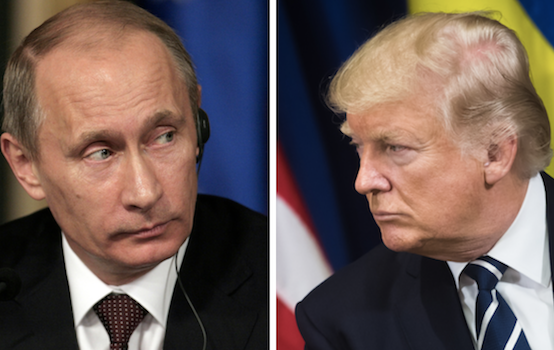 Like the last impeachment trial which focused on ambiguous and amorphous Russian collusion, and left untouched the criminality of the entire executive branch (over which Trump had little control).
Like the last impeachment trial which focused on ambiguous and amorphous Russian collusion, and left untouched the criminality of the entire executive branch (over which Trump had little control).
This trial has one purpose: to serve as a warning all American politicians that the system is ready to tar and feather them, attack them for things that they did not do, and then take them down with the entire world as a captive audience.
In other words, the president of the United States in the years ahead will resemble the emperors of the late Roman empire whose reigns rarely lasted for more than a few years: men who were batted around by the generals in the manner that a cat plays with a mouse.
The sprawling executive branch has as its tentacles consulting firms, military and law enforcement contractors, and a host of lobbying syndicates that assume corruption is a day’s work well done. None of those players are going to be on trial for Valentine’s Day. To blame their sins on Donald Trump, and then present to the world “pay to play” Joe Biden as a progressive breath of fresh air, is true alchemy.
For all his sins, from poor taste in clothing, to the garish interiors at his hotels, to his associations with organized crime and his pandering to audiences who craved the sensational, Trump was a man who simply tried to outsmart the system from within for personal benefit, but also for certain honorable principles. Sadly, he became a prisoner of the system in the process. He is accused of trumped up, or exaggerated, sins, his true mistakes are overlooked and his real accomplishments are ignored.
The case against Donald Trump
Donald Trump, a man who had never served in public office before he became president, a man who knew little about fiscal and social policy, or international relations, a man who was obliged to turn to a handful of political players, and to the cunning multi-billionaires behind the curtains, for advice in his “Battle with the Deep State” –a show perfect for The Sahara—was bathetic and tragic at the same time.
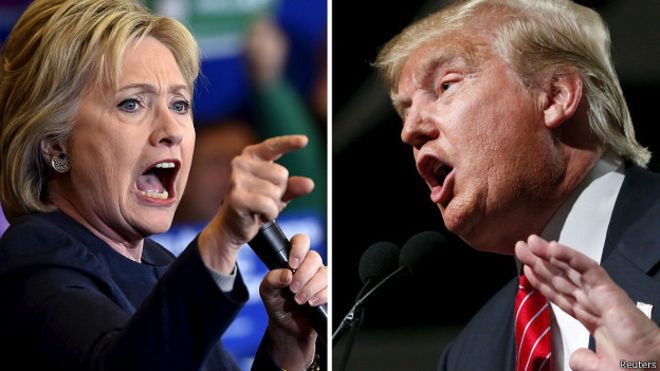 I dispute, however, the assumption that Trump was inherently less qualified for office than Hillary Clinton, Barak Obama, or Joe Biden, three individuals deeply linked to global finance, weapons manufacturers and to a host of other parasitic organizations hell bent on tearing the United States apart for profit. The fact that such global players interacted with these supposedly noble men through Harvard University’s Belfer Center for Science and International Affairs did nothing to dilute their criminality. None of these politicians should have ever been considered as candidates for that office.
I dispute, however, the assumption that Trump was inherently less qualified for office than Hillary Clinton, Barak Obama, or Joe Biden, three individuals deeply linked to global finance, weapons manufacturers and to a host of other parasitic organizations hell bent on tearing the United States apart for profit. The fact that such global players interacted with these supposedly noble men through Harvard University’s Belfer Center for Science and International Affairs did nothing to dilute their criminality. None of these politicians should have ever been considered as candidates for that office.
The recent orgy of media coverage about Trump has nothing to do with his real mistakes, but is rather a cynical ploy to make the Biden administration’s progressive-tinted “Trojan Horse” COVID-19 police state seem legitimate and also to create a new enemy for the public imagination: the MAGA-hat wearing ignorant racist Trump supporter.
That last creation is the first step towards tarring anyone who questions the criminal conspiracies that are in full swing today with the term “domestic terrorist” and locking them up if the newly appointed “Reality Czar” sees fit.
Trump’s rise to political power was a result of his success in real estate development, his management of casinos, his speculation in various murky business deals and his effective use of sensationalist television to gain a loyal audience. It is not necessary to explain that one cannot be involved in construction and casinos at that level without being linked to racketeering and money laundering, to prostitution and organized crime.
But the Democrats and Republicans who raked in money from global investment banks that make a killing in the promotion of war (in the name of peace), who push through dangerous free trade agreements, and who participated in the rape of the Federal Reserve, are even more diabolical.
The in-your- face obnoxiousness of Trump is more honest than the cultivated, culturally sensitive, ethnically diverse Ivy League graduates who used their empathic image to hide from us the brutal war these global financial institutions wage against ordinary people.
Donald Trump was guilty of violations of the Constitution and of Federal law during the course of his administration that deserve impeachment. Period.
At the same time, however, George H. W. Bush, Bill Clinton, George W. Bush and Barak Obama were all guilty of numerous acts in violation of the Constitution and Federal law worthy of impeachment. If anything, the real question is why American intellectuals have decided to let the bloated, sprawling and putrid executive branch get away with all this institutionalized criminality.
The Democratic and Republican congressmen who will gather like jackals for the impeachment trial, men and women who looked the other way as global financial powers robbed the Federal Reserve of 10 trillion or more and then had the nerve to say the economic crisis was a result of COVID19, should be on trial too.
Trump’s tragic mistakes
Trump’s decision to run for president can be traced back to the White House Correspondents Dinner on April 30, 2011. He was subject to pointed mockery by Barak Obama who intended to humiliate him in public and destroy his political career.
Trump’s anger was written all over his face because he is not a politician.
Why was Trump so mad?
Personally, I am not convinced that Trump’s “Birther Movement,” that tried to prove that Obama was not an American citizen and that he was a secret Muslim, was either appropriate or accurate. Ultimately, I do not know.
I fear, however, that many Americans do not understand the underlying motivations for that campaign. The strategy was sensationalist, like the pro wrestler at heart that Trump is, but the means of political attack that Trump employed was not entirely his choice.
Most of the corrupt deals made by the Obama administration with global finance are protected from public scrutiny because the transactions were rendered classified, or because non-disclosure agreements make it impossible to make those crimes public. In many cases, secret law passed by Congress makes the discussion of these corrupt actions illegal. The post-Bush age in America is defined by a politics of the unspeakable.
Trump went after Obama over the birther issue, and after Biden over election fraud, not because it was necessarily his strongest card, but because it was the only card he was permitted to play, the only thing that the media would report.
It was the attitude of Obama on that evening that riled Trump. Obama, a man parachuted into the 2008 presidential campaign out of nowhere to serve the interests of the super-rich, showed obvious contempt for Trump and his supporters.
Trump wanted to nail the slick Obama for his blatant corruption, but he could not.
When Trump condemned foreign wars openly, he was labeled a budding Nazi by the liberal press. Obama, by contrast, hedged his words about foreign interventions so as to avoid offending General Dynamics and had been awarded the 2009 Nobel Peace Prize for embracing American militarism and renouncing his lukewarm critique of the Iraq war.
Running for president as an outsider was the best way to get even, Trump thought to himself, that to become the president who replaced that well-groomed toy of financial elites would be tasty, as the French say “La vengeance est un plat qui se mange froid” (revenge is a dish best served cold).
Trump knew that if he wanted to win the presidency as an outsider, he would have to tap into the anger boiling up over the corruption in Washington D.C., and the elitist politics of Obama. Part of that response had racist overtones, but much of it did not.
Although Trump had some money, he was a small fish in the increasingly decadent Washington milieu. After he drove back to Trump Hotel after that brutal Obama “roast” he thought about which power players he could get on his side who would be able to match the backing of the investment banks that Democrats (and Republicans) relied on to get them over the top in the money game.
He came up with a list of hungry outsiders who were willing to take a risk on his populist rhetoric because they too did not have the political influence that they felt their money deserved. Although there were more, let us identify four important groups of supporters that pushed hard to get Trump on the map, and who did not care about his opposition to free trade or his appeals to the working man.
The four groups, however, did not care about Donald Trump personally, and when he was set up at the end of his presidency to be diagnosed with the bogus “COVID19” and then accused of starting the clown-directed false flag “Capitol Insurrection,” those forces had no interest in helping out.
I suspect that Trump thought that he, like a master surfer, could somehow ride the converging waves that would be unleashed by these powers and drive this “band of rivals” forward so as to achieve something of value while enhancing his own brand.
The following four groups latched onto Trump as a chance to shake up Washington and get their piece of the pie.
David and Charles Koch

The Koch brothers poured their coal and petroleum billions into funding “libertarian” ideology as a means of hiding the end of the regulation of business under the sheep’s skin of personal “freedom.” The result was a massive increase in pollution and the end of environmental policy in the United States.
The Koch brothers were remarkably creative. They set up a devious think tank, the Charles Koch Institute, that seduced various “anti-war” intellectuals with its big funding and media exposure, and thereby gave legitimacy to their corporate agenda.
The Koch brothers supported Trump, and introduced him to their representative Mike Pompeo (who had close ties to the Christian right) in return for a promise from Trump to get the government out of the regulation business and to pursue ludicrous policies regarding climate change. The Koch brothers wanted to get the sort of respect in Washington DC that global players like Exxon and BP were receiving and to muscle in on energy policy previously determined by mainstream corporations.
Betsy (Prince) DeVos and Erik Prince
Although the start of Trump’s relationship with the Prince family remains opaque, Betsy (Prince) DeVos, wife of the heir of the Amway fortune, and her brother Erik Prince, CEO of the private mercenary corporation Academi, lashed on to Trump early on and gave him a big push.
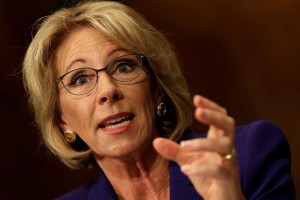
Betsy (Prince) DeVos demanded that she be made Secretary of Education and she used that position to destroy public education as part of a larger plan to both make all education into a for-profit industry and to render much of the population so poorly educated that they were incapable of opposing the corporate takeover of America. The problems in education, however, were a bipartisan effort of the last 30 years and not the creation of Betsy DeVos.
Trump let her do what she wanted with almost no interference.
Erik Prince demanded a chance to push for the radical privatization of the military that would allow his mercenary groups to get contracts for work previously limited to the military itself, or to the big-time military contractors. Early support for Trump gave Erik carte blanche for extending his mercenary operations around the world, getting into some serious fights with military officers along the way.
The Princes also linked Trump up with another big player, Robert Mercer, the CEO of Renaissance Technologies. The “silent billionaire” Mercer was backed Steve Bannon’s innovative strategies for stirring up political support through racist and anti-immigrant reporting at his Breitbart News (mixed with a good dose of truth) and he laid the groundwork for Trump’s sudden media takeoff.
Casino mogul Sheldon Adelson
Donald Trump had links to Israel through his son-in-law Jared Kushner and through interactions with various Zionist businessmen from way back (including ties to Russia), but he did not take any strong stands on Israel policy. He also received support in his campaign from many Americans who were deeply hostile to Israeli influence in Washington D.C. and who demanded an investigation into the 9.11 incident and Israel’s role.

But Trump’s old pal Sheldon Adelson was a man with the deep pockets, the strong connections in Israel, and the strategic mind necessary to put Trump over the top. Adelson is one of the top dogs in casinos globally and was probably one of the people Trump called up early on. He gave his enthusiastic backing and his phone calls made Trump’s bid viable.
Adelson quickly connected Trump with core figures among Christian Zionists like John Hagee who supported the most radical policies of Israel unconditionally and he set up Mike Pompeo (also linked to the Koch brothers) to be a central policy player. Adelson probably also played a role in introducing to Trump another rising Christian Zionist, Vice President Mike Pence.
Christian Zionist churches across the United States play a critical role in delivering votes and raising money for conservative causes. Trump’s willingness to embrace the extreme demands of these churches allowed the ministers of these churches to back him in spite of his multiple marriages and his lax and indulgent values.
Adelson did not spend those hours at his rolodex for nothing. He got an administration (if not a Trump) that blindly embraced Israel, and granted full support in any Israeli military conflict with Iran.
The “War with China” Lobby
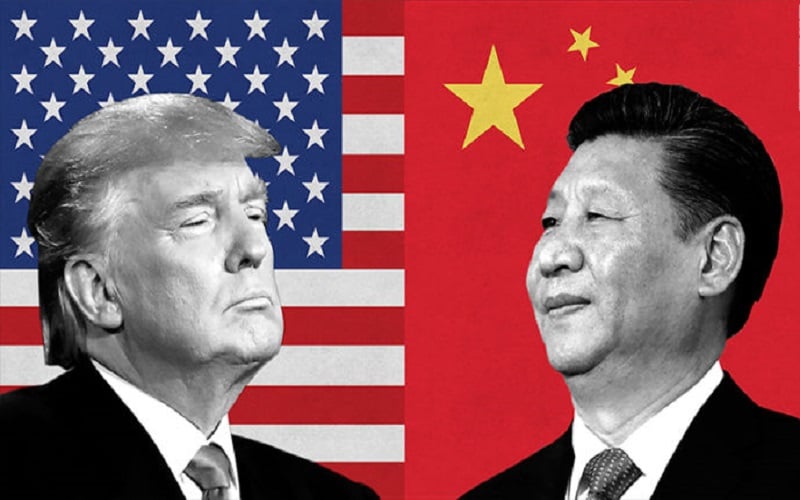 The promotion of military conflicts and the sales of overpriced weapons systems is an exquisitely bipartisan show and even the peacemakers cannot function in Congress without a thumbs up from the big boys. For a total outsider with an unimpressive reputation, and no political experience, there was not much room at the trough for Trump.
The promotion of military conflicts and the sales of overpriced weapons systems is an exquisitely bipartisan show and even the peacemakers cannot function in Congress without a thumbs up from the big boys. For a total outsider with an unimpressive reputation, and no political experience, there was not much room at the trough for Trump.
A bit of sniffing around, however, revealed that there was one group in the military industrial complex that was extremely unhappy in spite of the bloated defense budget and who were looking for someone to champion their unpopular cause during the Obama years.
That group consisted of the weapons manufactures who supply the big heavy equipment like aircraft carrier groups, fighter planes, nuclear weapons and missile defense systems.
Donald’s Rumsfeld’s “War on Terror” had introduced the dangerous concept of a “revolution in warfare” and much of their bulky hardware was viewed as outdated by a new generation of security experts.
The new focus on intelligence fattened up their rivals and cost them some big military contracts as the Pentagon increasingly mimicked the CIA.
In addition, a push by new upstarts like Boston Robotics to lock them out permanently and make satellites, drones, robots and AI the focus for military spending had them seeing red.
Although these contractors liked Russia as an adversary, only a massive Pacific War with China scenario could justify the piles of hardware that they wanted to produce. No surprise that these groups were pushed over the edge when Obama proposed military-military cooperation with China, including inviting China to participate in the RIMPAC naval exercises in Hawaii.
The “war with China” faction is not a specific corporation. They are large sections of Northrop Grumman, Lockeed Martin, General Dynamics, Raytheon and other contractors who stood to benefit from a push for big ships and high-tech fighter planes, for the tools for massive amphibious landings. At the same time, companies also had units who are not interested in that market.
Trump offered to dump the one-China policy of Nixon in the dustbin of history and to adopt aggressive actions in East Asia that would kick of a “new Cold War.” This group fell in line behind Trump and gave him the security credentials that he lacked.
Trump’s Achievements
Looking back on the four years of Trump, much of the damage attributed to him was rather the product of institutional decay that was sped up by the mind-numbing spiritual gangrene which infected America after the 9.11 incident. Trump must take responsibility for allowing criminal figures to run the show, to strip the government of expertise and to push for war with China and Iran, but Trump was most certainly not the mastermind.
He felt as he was under house arrest himself at the White House when the big boys got into fights—and he was keenly aware that the powers that be were more than happy to throw him under the bus—as the ultimately did—to achieve their goals.
And yet, as foolhardy as Trump’s bid to use these outcasts from the DC banquet of spoils as a means to take control of the Republican Party, and then topple the corrupt system from within may have been, the following efforts suggest that at some level Trump maintained a commitment to setting things right, and that he tried to address issues that other politicians were afraid to touch.
The following actions will not be mentioned at the impeachment trial, but they should be.
1. Commitment to 9.11 truth
In his interview with Fox 5 News on September 11, 2001, Donald Trump made comments that opened up serious doubts concerning the 9/11 conspiracy theory that Arab terrorists holding papercutters took down three skyscrapers with two planes. Trump continued address this issue in private and he was not afraid to maintain close ties with 9/11 truth activists.
His willingness, as sitting president, to tolerate, and even to encourage, the discussion of the scientific problems with the official story was risky for his health and it alienated him from mainstream politicians, Democrat and Republican. His willingness to take on this impossible task represented a sincere loyalty to his supporters—a solidarity that that he never gave up even as he hobnobbed with the rich and powerful.
2. Demand for the release of classified documents on the Kennedy Assassination
Donald Trump used executive orders in October of 2017 in an attempt to force the CIA and the FBI to release all remaining classified documents concerning the Kennedy assassination of 1963. The criminal conspiracy in global finance, industry and government to kill Kennedy is obvious to anyone who has looked into the case even superficially. Yet the Federal Government still refuses to release the remaining documents that will make clear for the world what happened, and exactly who was responsible for what.
Trump’s push to get the papers released was not a favor for historians and conspiracy buffs.
The manner in which global finance was able to murder a president in cold blood when he tried to restore accountability to intelligence and to the military produced a slow-growing cancer in the executive branch that has festered ever since. Many institutional problems, such as the inability of any president to subject the Pentagon or the CIA to a meaningful audit, can be traced back to that sad day in November, 1963.
In effect, every American president knows that he can killed with impunity like Kennedy, or publicly humiliated, if he or she dares to hold to the Constitution or to challenge the shadow government of finace.
Trump’s actions were brave, and even inspiring. You can be sure that neither Bernie Sanders nor Alexandria Ocasio-Cortez, darlings of the “left,” will never dare to make such a demand.
3. Attacking the use of immigration to destroy the lives of American workers
The vicious attacks (in government and in the streets) on immigrants that were encouraged by the rhetoric pouring forth from the mouth of Donald Trump were cruel and irrational. Such actions should be condemned.
But we can walk and chew gum at the same time as citizens. As offensive and divisive as Trump’s rhetoric was, we must recognize two critical facts: 1) a series of classified directives and secret laws prevented Trump from talking directly about how the immigration crisis was linked to actions of corporations and investment banks; 2) his Democratic opponents were intimately involved in implementation of immigration as a weapon for class warfare but they were never called on this point by so-called “progressive” public intellectuals.
The immigration rush from Central and South America to the United States was a result of the plot of multinational to destroy the local economies of those countries and to devastate agriculture and crafts through a ruthless free trade, free investment scheme combined with cash payments to politicians to play stupid.
The working people of Latin America did not have any choice but to try to go to the United States.
At the same time, multinational banks and corporations used immigration policy as part of a strategy to destroy the economic foundations of life for the American worker, rendering him a helpless pawn in their push for a new form of slavery. The Democrats were silent about this greater conspiracy and Trump was right to denounce this deliberate policy to destroy America through immigration.
Secret law and classified directives made it impossible to discuss these brutal policies in the American media. When Trump took the unusual step of actually addressing class warfare via immigration he was forced by circumstances to describe it using caricatures that appealed to racist ideology.
He deserves credit for drawing attention to the issue.
4. Opposition to the free trade ideology
Trump was the only candidate in the 2016 presidential campaign to address directly the manner in which the promotion of “free trade” regimes have been employed by the rich to destroy the economic foundations of life for Americans.
He was roundly condemned for undermining America’s commitment to global trade agreements and to financial treaties. Conservatives, progressives—and everyone in between—were happy to take a stab. But as inflammatory as his rhetoric may have been, Trump identified a criminal conspiracy of the rich around the world to create economic misery through trade.
The progressive Democratic politicians who claimed to be concerned about working people rarely hesitated to vote for free trade agreements. They pretended that these agreements would help ordinary people when they knew full-well that they were for the benefit of multinational corporations. Trump stood virtually alone in condemning the trade scam and he deserves credit for his efforts.
5. Open opposition to the mask mandate, to the economic lockdown and to the vaccine regime in the name of COVID19
 Donald Trump made numerous attempts to question from the office of the president the promotion of the bogus COVID19 pandemic as a national disaster, the insistence on the mandatory wearing of masks without any scientific basis and the nonsensical demands for an economic lockdown on the economy and the shutting down of public buildings and of schools. He was one of the few politicians willing to take such a position and as a result he gained support in the presidential election from African Americans and other groups who would normally never have supported a Republican.
Donald Trump made numerous attempts to question from the office of the president the promotion of the bogus COVID19 pandemic as a national disaster, the insistence on the mandatory wearing of masks without any scientific basis and the nonsensical demands for an economic lockdown on the economy and the shutting down of public buildings and of schools. He was one of the few politicians willing to take such a position and as a result he gained support in the presidential election from African Americans and other groups who would normally never have supported a Republican.
When Trump questioned the need for the dangerous COVID19 “vaccines” promoted by multinational pharmaceutical corporations like Pfizer that contain destructive mRNA, and a variety of tracers and sensors embedded in DARPA hydrogel, his stand was heroic.
Although Trump took an anti-science stance when he questioned climate change in response to the demands of the Koch brothers, he was 100% supported by the science, and by numerous scientists, in the case of COVID19.
The result? Trump was subject to attacks from every side in the corrupt media for his commonsense statements. The darlings of the Democratic “left” rushed to embrace the corporate puppet Anthony Fauci when he attacked Trump for not shutting down the economy and he promoted these dangerous “vaccines.”
Moreover, when Trump was forced to endorse vaccines, he gave speeches in which he spoke of a “warp drive” project to develop them in months that would normally have taken years or decades.
Trump praised vaccines in a deliberately exaggerated manner as a means of telegraphing the truth to the people about the true nature of vaccines over the barriers to the dissemination of information erected in Washington D.C. Such a move was ingenious and brave—but mocked in the media.
6. Support for an open discussion about criminal conspiracies in the United States
The transformation of progressive sources of journalism into puppet shows where corporate power dresses up its fictions in the used clothing of the American leftist tradition is a tragedy of epic proportions. We witness a pathetic discourse on politics in which the “left” acts as a trained lapdog unable to speak about any of the real conspiracies.
It is to Donald Trump’s credit that he had the bravery to actively engage in an open discussion with those demanding an investigation into the criminal conspiracies taking place in America, and that he encouraged a fundamental questioning of the role of government and of corporations.
Specifically, Trump was attacked from all corners for his connections to believers in the “cult” of QAnon.
QAnon is an insider who leaks information about criminal actions at the highest levels of government. If you do a search for QAnon, you will find articles that condemn him as a fraudulent conspiracy peddler, that denounce his racist and isolationist positions, but you will not see QAnon’s texts quoted so that the reader can judge for himself.
None of the newspapers even gives the website address of QAnon: qanon.pub. Wikipedia dismisses QAnon, saying,
“QAnon is a disproven and discredited far-right conspiracy theory alleging that a secret cabal of Satan-worshipping, cannibalistic pedophiles is running a global child sex-trafficking ring and plotting against former U.S. president Donald Trump, who has been fighting the cabal. According to U.S. prosecutors, QAnon is commonly called a cult.”
The assumption that mainstream Democrats (and Republicans) cannot be linked to prostitution and pedophilia is easily proven false. For that matter, no mainstream politician has tried to discredit QAnon by launching international scientific investigations into the claims he makes about the 9/11 incident or the COVID19 campaign.
Significant inaccuracies in QAnon are a problem which can only be addressed through an open effort to identify which parts are accurate. The greater problem is the failure of most intellectuals to condemn the blatant fictions peddled by the New York Times and Washington Post.
In any case, Trump’s willingness as president to take on massive conspiracies is a necessary first step, and much to his credit.
7. Questioning of the legitimacy of the election
We are told over and over again that Biden won the election in a fair and transparent manner and that Trump’s efforts to contest the election are selfish and corrupt. This narrative is a massive fraud.
It is unclear who won that election, or whether it was an election at all. In any case, we should be delighted that Trump is the first candidate who was willing to stand up against the massive manipulation of the vote by corporate powers. We can only wish that Al Gore or John Kerry, or Bernie Sanders, or many others, had had the guts to stand up and refuse to accept the bogus elections that are forced on us.
The 2020 election was fixed from the start. The financial powers that run the United States put out a series of classified directives, and had the Congress pass secret laws that determined who the candidates would be and what topics could, or could not, be discussed.
It is no secret that the Biden camp used every dirty trick in their toolbox to secure the Democratic nomination, including manipulating the vote in the primaries to beat Bernie Sanders.
Why would anyone assume then that the Biden team would not manipulate the vote in a similar manner in the general election—especially in light of the support he received from neoconservatives close to the Bush clan?
In egregious cases like the sudden swing to Biden in Pennsylvania, progressives concerned with the democratic process should have demanded an international investigation that would have documented in a transparent manner the details of the vote. No Democrats have called for even reinstatement of exit polls.
It was to his credit, and not a sign of his selfishness, that Trump refused to concede to the election.
The real crime is that the progressives refused to demand a scientific investigation into the results of the election, rather than throw themselves at the feet of Biden as if he were the reincarnation of Robert Kennedy.
8. Condemnation of endless foreign wars
You know you are in the “Twilight Zone” when progressives who fall all over themselves to condemn Trump for racism and war mongering then fall silent when he, as a sitting president of the United States, condemned the criminal “forever wars” of the last twenty years and attacked the for-profit procurement system for weapons.
Trump comments on September 7, 2020 condemning foreign wars, and denouncing war profiteers, went beyond anything you will find coming out of the mouths of Democrats—and they were not the only such public statement by him. He stated:
“With Biden, shipped away our jobs, threw open our borders and sent our youth to fight in these crazy endless wars. And it’s one of the reasons the military—I’m not saying the military is in love with me, the soldiers are. The top people in the Pentagon probably aren’t because they want to do nothing but fight wars so that all of those wonderful companies that make the bombs, that make the planes, that make everything else stay happy. But we are getting out of the endless wars.”
He ended his comments,
“Let’s bring our soldiers back home. Some people don’t like to come home. Some people like to continue to spend money. One cold-hearted globalist betrayal after another. That’s what it was.”
The entirety of the speech was theatre, and it was not entirely accurate, but Trump managed to slip past the censors a critique of the broken system that no other politician was able to do.
In fact, Trump’s comments are the first attack by a sitting president on that systematic corruption since President Eisenhauer’s condemnation of the “military industrial complex” in his farewell address of January 17, 1961 (almost exactly 60 years ago).
Obama, or Harris, for all their multiculturalism, are incapable of making such a statement because they rose to political power on the backs of private equity and venture capital, organizations that derive much of their cash from weapons sales, the promotion of corporation-centered “free trade” agreements and the tearing down all barriers to global capital’s rampage around the world.
Furthermore, Trump’s own farewell address was pointedly aimed at ordinary soldiers and critical of the political generals who use the military as a means to amass wealth.
His attempt to bond with ordinary soldiers, and to oppose the military profiteers, appears to be a sincere sentiment, and not a political posture.
9. Call to nationalize the Federal Reserve
Donald Trump made a serious effort to bring the Federal Reserve Bank of the United States under the control of the Treasury Department and to reign in the use of American debt by global finance for its own purposes.
How successful that effort to control the creation of money was is difficult to evaluate because the media is controlled by the same financial institutions that dominate the Federal Reserve system. The reports (both pro and anti Trump) are murky and obscure.
Moreover, because financial policy in the Federal Reserve, and in the Treasury Department, is increasingly rendered as classified, it is impossible to have a serious public discussion on fiscal policy.
Trump’s decision to bring in Larry Fink, the CEO of the multi-trillion dollar investment firm BlackRock, to play a central role in the Federal Reserve Bank was at best a Pyrrhic victory.
Trump supporters claim that at least the Rothschilds no longer control the Federal Reserve. I honestly do not know which reports to believe about the status of the Federal Reserve today.
What is clear, however, is that the theft of trillions from the Federal Reserve last year was a reality, and that Trump did try, perhaps unsuccessfully, to do something.
The upcoming show trial of Donald Trump
Trump paid a price for talking about war profiteering and other criminal conspiracies during the election. He was suddenly diagnosed as positive for COVID19 on October 11 and his campaign was shut down at precisely the moment that was starting to make a discussion of criminal conspiracies central to the campaign.

Source: Emanuel Pastreich
But that was just the beginning of the attack. He was painted in the corporate media as a terrorist leader, like Osama Bin Laden, who incited his racist followers to commit an “armed insurrection.” But the occupation of the Capitol was more of a Laurel and Hardy show than a serious attack or insurrection and multiple reports have raised serious doubts as to what actually transpired. Needless to say, no progressives are asking for an international investigation.
Trump’s lawyers will not be able to address any of the unfair attacks on him by the media during the impeachment trial, nor will they be able to present evidence concerning his contributions to restoring the rule of law in the United States.
Nor will those lawyers be able to demonstrate that the criminal actions that took place during Trump’s administration were for the most part the fault of an executive branch that can no longer be controlled by the president. They cannot describe how Trump was set up for this show trial as a means to draw attention away from greater crimes.
All their efforts must go into defending Trump from the accusation that he masterminded the violent armed insurrection at the Capitol intended to stop the election of Joe Biden as president.
In other words, the door has been opened by this trial to using the full force of the Federal government to treat anyone who questions the vaccine regime, or demand inquiries into conspiracies like 9/11, as a domestic terrorist.
We have an obligation, not just for the sake of Donald Trump, but for the future of our children, to openly condemn this blatantly criminal effort to cook up an “insurrection” and then to blame it on the president.

Source: Emanuel Pastreich and Kim Ki-do
Trump is part professional wrestler, part gameshow host, part mobster. I would not buy a used car from him, but one senses a certain loyalty and decency in him at the same time that he plays a ruthless political game.
He has the humanity and the personal attachments of the gangster. Perhaps Trump was not meant to be president, but he is more transparent than the Democrats who pray in secret at the altar of global finance.
No matter what you may think of his garish taste, his multiple marriages, his sensationalist statements, or of his supporters, Trump took numerous steps to pursue the truth that put him at risk and that deserve our grudging respect.
*
Note to readers: please click the share buttons above or below. Forward this article to your email lists. Crosspost on your blog site, internet forums. etc.
Emanuel Pastreich served as the president of the Asia Institute, a think tank with offices in Washington DC, Seoul, Tokyo and Hanoi. Pastreich also serves as director general of the Institute for Future Urban Environments. Pastreich declared his candidacy for president of the United States as an independent in February, 2020
Featured image is by Gage Skidmore via Flickr

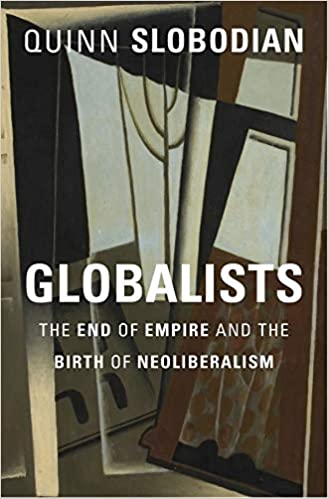
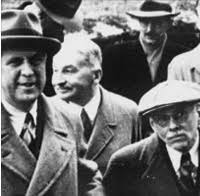
 neoliberalismo, tudo para deter a ‘ameaça’ da esquerda, sempre mais perigosa, do ponto de vista do capital, que qualquer ameaça totalitária da direita. Um testemunho importante da cruzada da burguesia da Suíça contra o comunismo e a esquerda em geral nos é dado pelos escritos de Harry Gmür, escritor e comunista suíço. Nascido em Berna em 1908, Gmür testemunhou a ascenção do fascismo na Europa e a reação neoliberal na Suíça. Ao contrário de muitos de seus contemporâneos, Gmür abraçou a esquerda e seus valores humanitários. Em um texto publicado em 1965 com o título A Guerra de Hitler e a Suíça , Gmür escreveu:
neoliberalismo, tudo para deter a ‘ameaça’ da esquerda, sempre mais perigosa, do ponto de vista do capital, que qualquer ameaça totalitária da direita. Um testemunho importante da cruzada da burguesia da Suíça contra o comunismo e a esquerda em geral nos é dado pelos escritos de Harry Gmür, escritor e comunista suíço. Nascido em Berna em 1908, Gmür testemunhou a ascenção do fascismo na Europa e a reação neoliberal na Suíça. Ao contrário de muitos de seus contemporâneos, Gmür abraçou a esquerda e seus valores humanitários. Em um texto publicado em 1965 com o título A Guerra de Hitler e a Suíça , Gmür escreveu: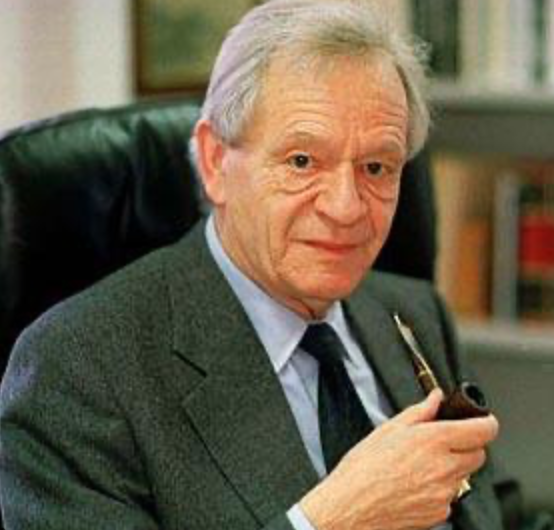
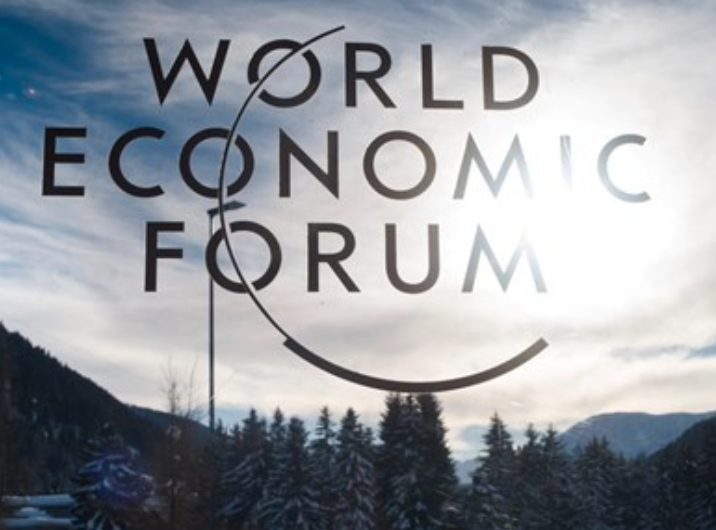
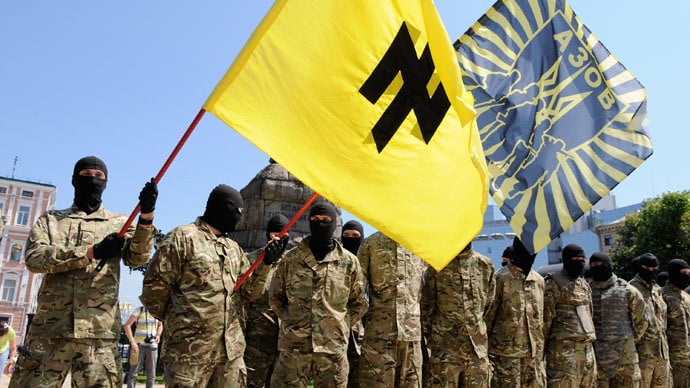
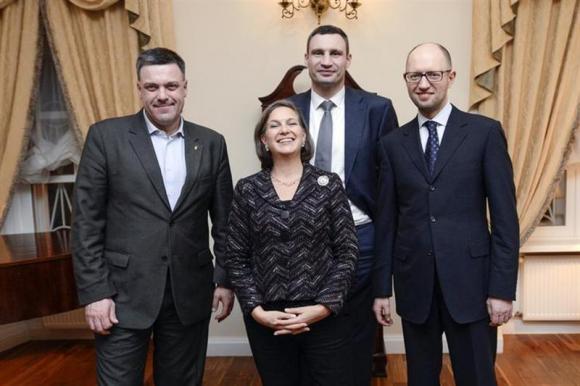
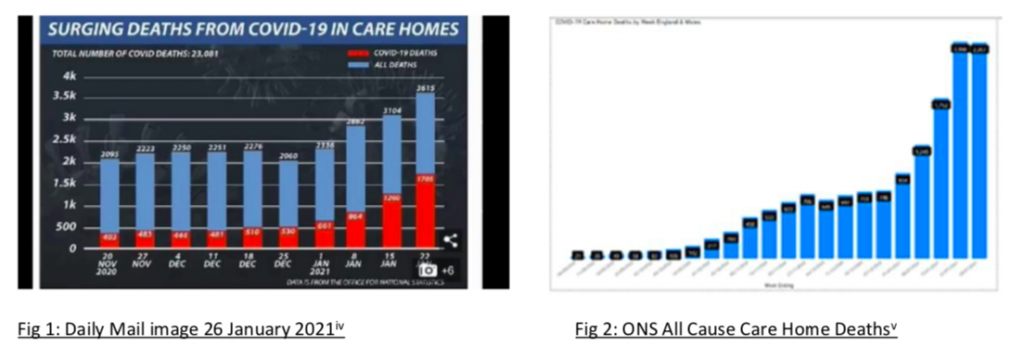
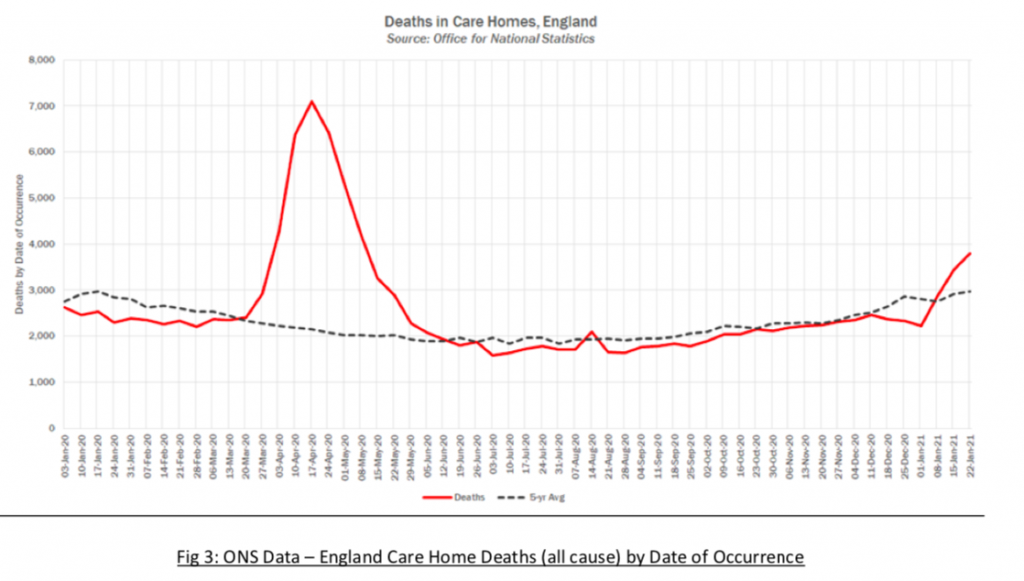
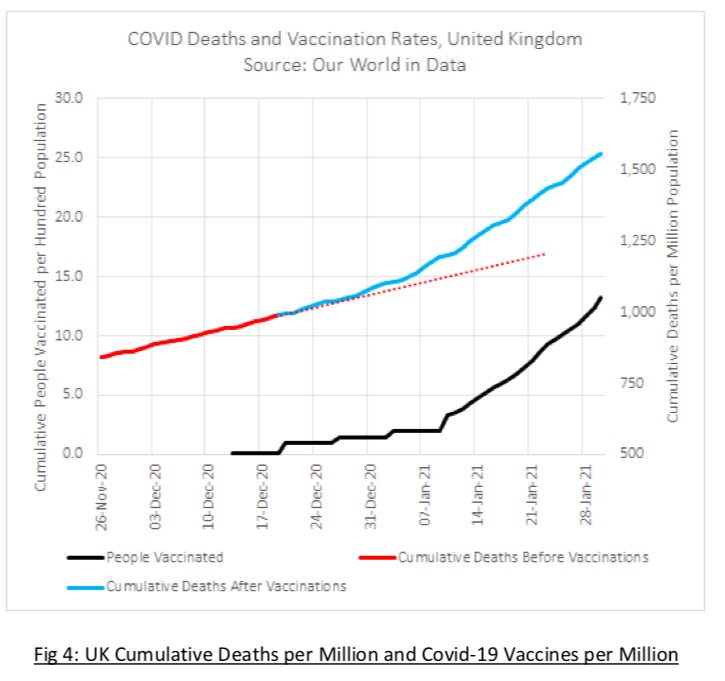
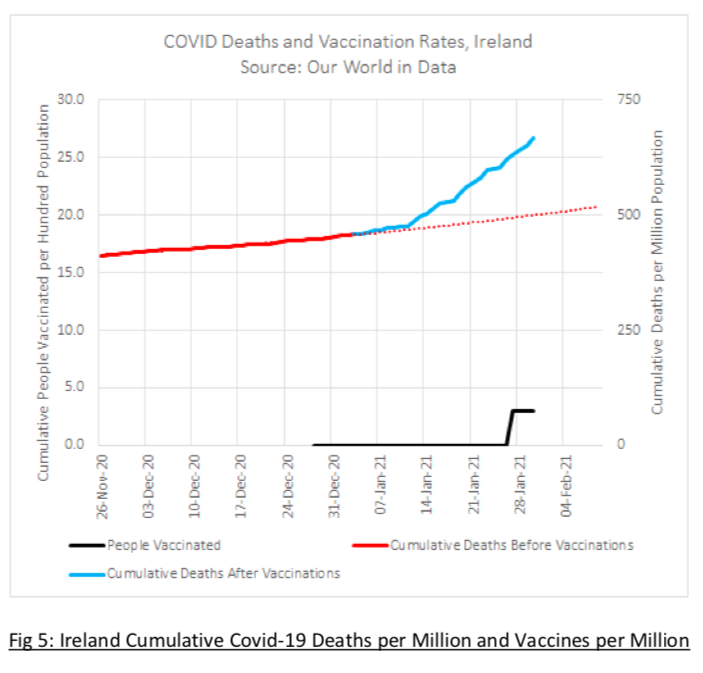
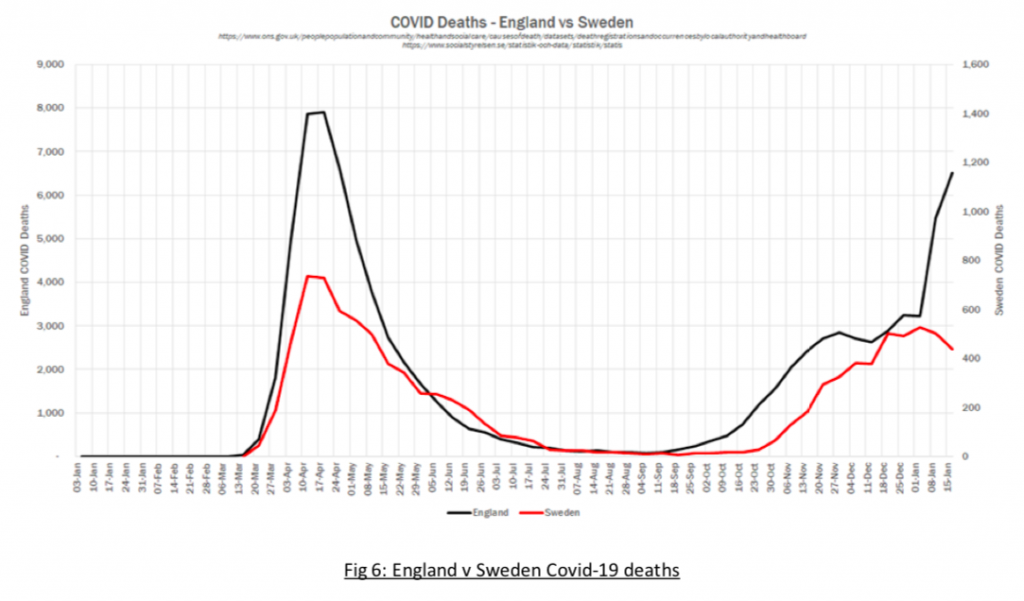

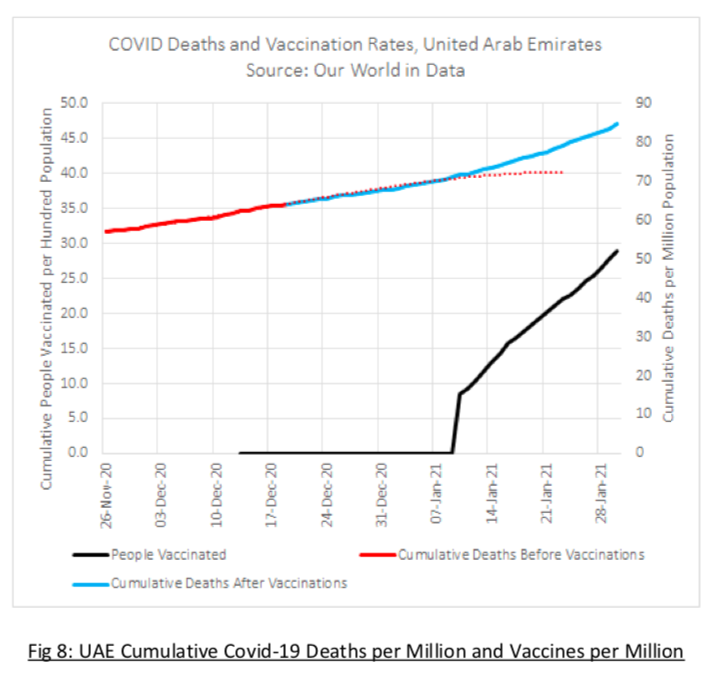
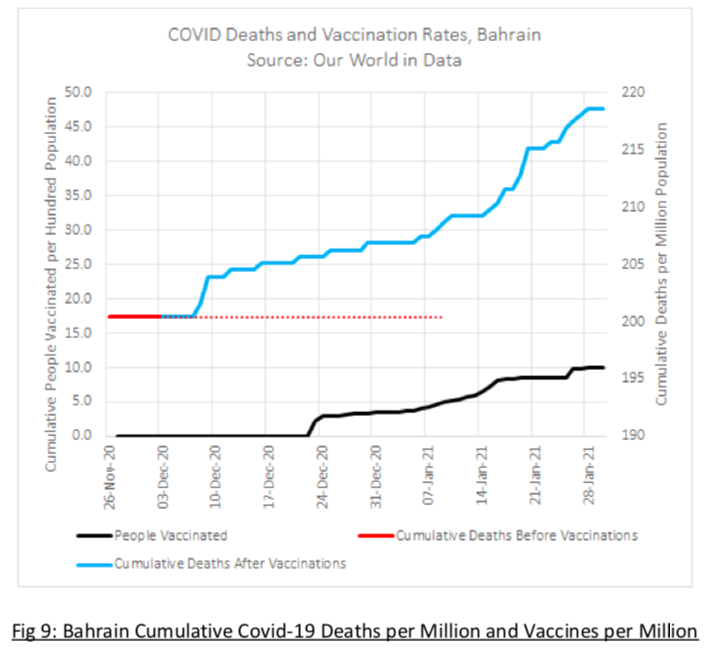
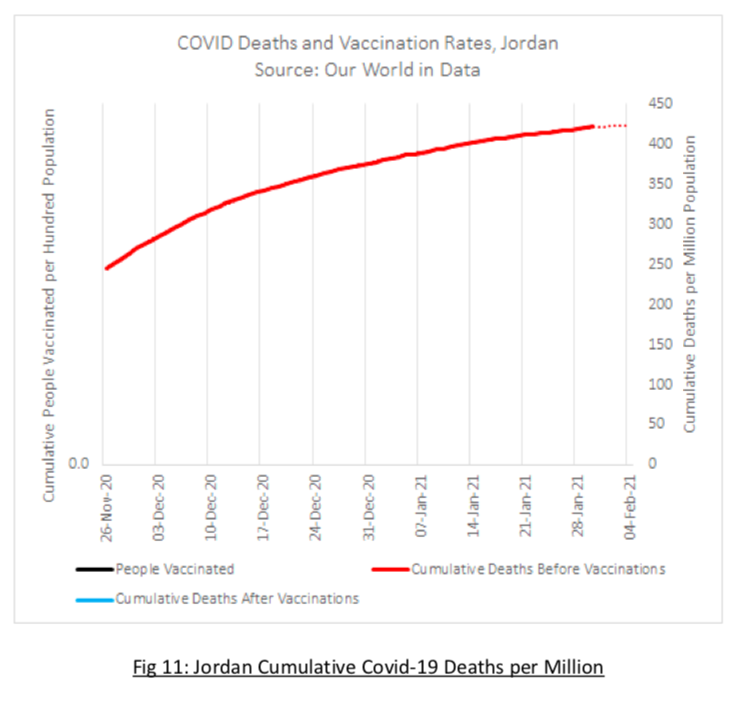


 Towards a Police State in Switzerland? The Covid Face Mask
Towards a Police State in Switzerland? The Covid Face Mask global propaganda!
global propaganda!










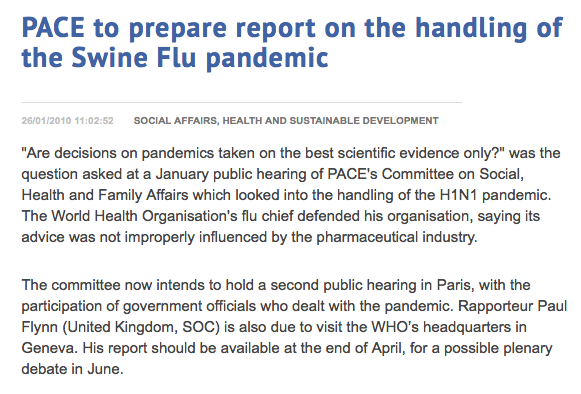 Now the situation today is somewhat of a different nature, because the pandemic or alleged pandemic is being used to justify drastic economic and social measures which were launched in several stages but more specifically on March 11. 2020.
Now the situation today is somewhat of a different nature, because the pandemic or alleged pandemic is being used to justify drastic economic and social measures which were launched in several stages but more specifically on March 11. 2020.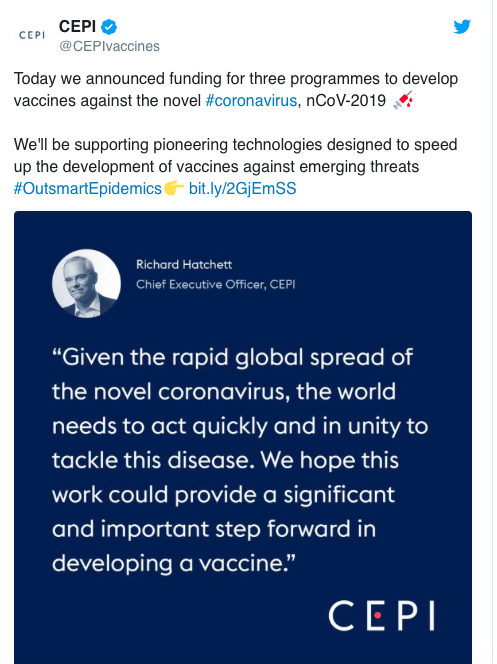

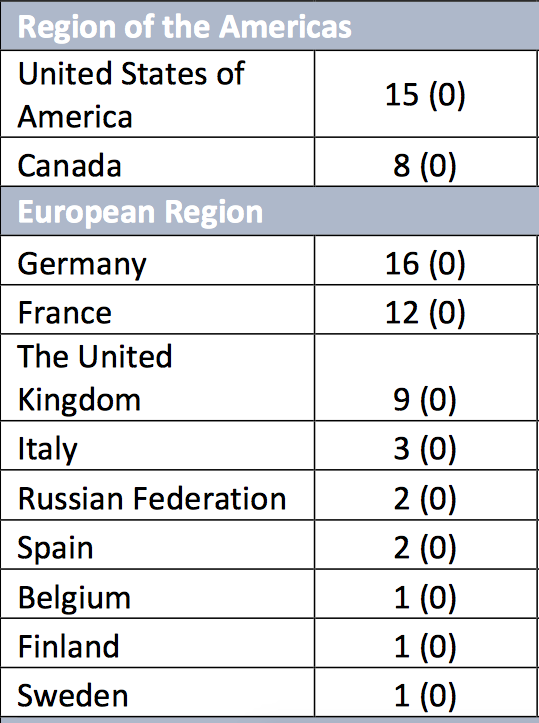 MC: Well, what happened is that on the 20th of February, Tedros, Director General of WHO, makes a statement, he holds a press conference and then he says very explicitly, “the windows are closing”, [he intimates that] the situation is very serious, and we can resolve it but we have to be very proactive.
MC: Well, what happened is that on the 20th of February, Tedros, Director General of WHO, makes a statement, he holds a press conference and then he says very explicitly, “the windows are closing”, [he intimates that] the situation is very serious, and we can resolve it but we have to be very proactive. The people on the ship were confined [to their rooms] and they all got sick, and a lot of them were elderly people. But they took those statistics to push the number of confirmed positive cases up to 1073.
The people on the ship were confined [to their rooms] and they all got sick, and a lot of them were elderly people. But they took those statistics to push the number of confirmed positive cases up to 1073.